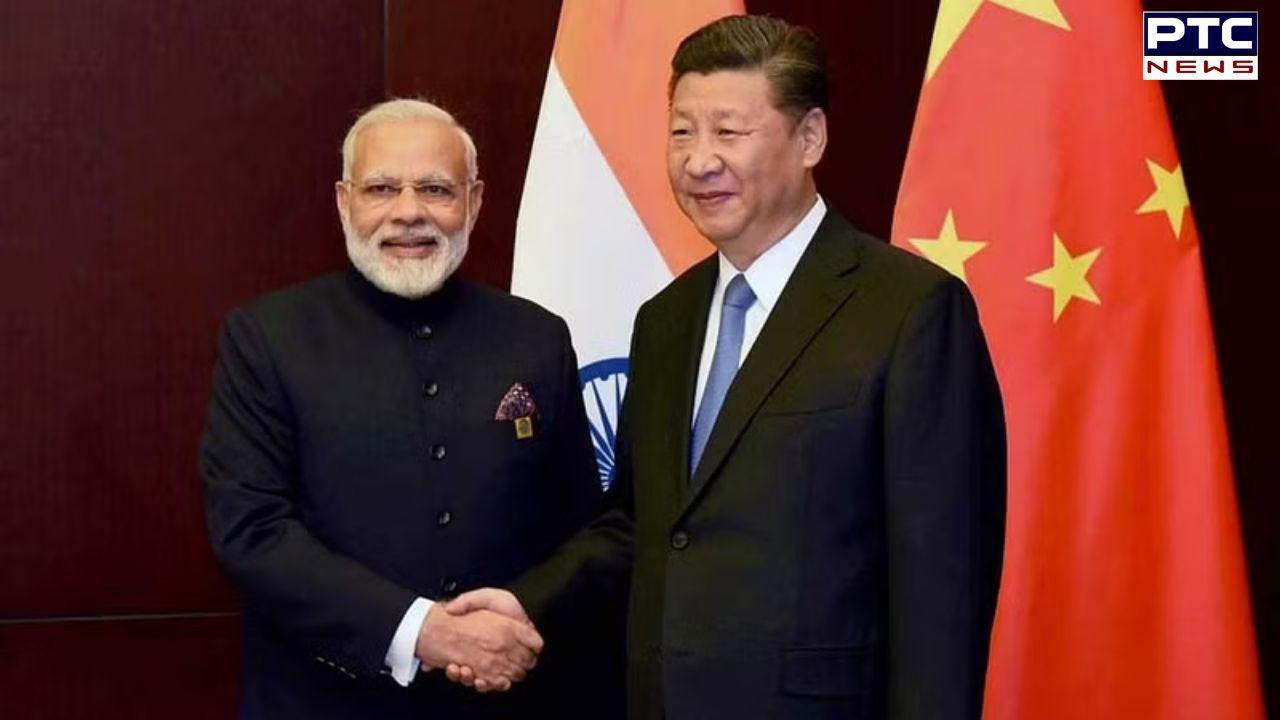India-China border agreement: What is its significance ?
In a significant breakthrough, both India and China have managed to be on the same page on border dispute, four years after Galwan clash.

PTC News Desk: In a significant breakthrough, both India and China have managed to be on the same page on border dispute. Four years after the Galwan clash, both the nations have reached an agreement along the Line of Actual control. China's dogged stance of disagreeing India's status quo demand for four years makes this arrangement even more prominent on both diplomatic and military fronts.
The agreement comes after multiple rounds of meetings and military dialogue. "What it will entail is that in the pending areas under discussion, patrolling and grazing activities, wherever applicable, will revert to the situation as it existed in 2020," said Dr. S Jaishankar. The agreement not only bridge the gap between both the nations but also set the stage for dialogue between Prime Minister Modi and Xi Jinping.
How the agreement will benefit India ?
De-escalation: The agreement will pave way for de-escalation in a region where both the countries have deployed thousands of troops. This will reduce the chances of close military encounter prompting clashes.
Stabilisation: The patrolling deal hints at stabilising the situation along the LAC by reducing confrontations at friction points such as Depsang Plains and Demchok.
Confidence Restoration: The resumption of patrolling according to the pre 2020 norms is a measure which will also help to restore mutual willingness to return to status quo which was agreed by both the sides before diplomatic breaking point.
Political implications: The patrolling agreement might also enable diplomatic dialogue including meetings between leaders on international forums and encourage bilateral relations. It could benefit India in better management of border infrastructure without any immediate threat of conflict.
Will Direct Flights Resume?
The pact is also expected to improve political and trade ties between Asian heavyweights. The Galwan clash prompted the Indian government to tightened trade norms and banning around 300 popular Chinese apps subsequently. With the agreement, business between both the nations is also expected to boost and resumption of direct passenger flights to China is also expected.
